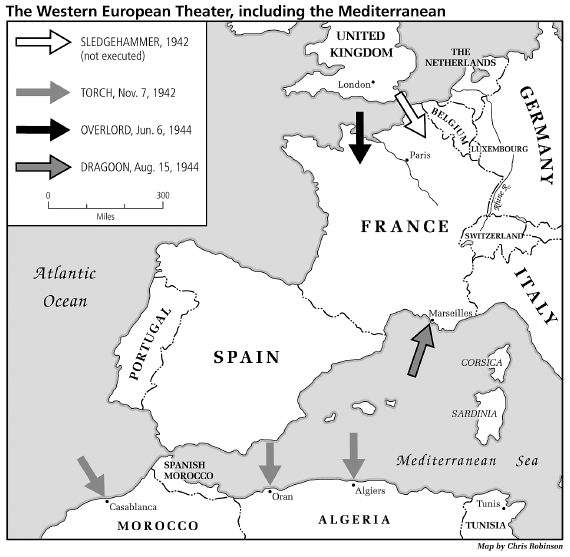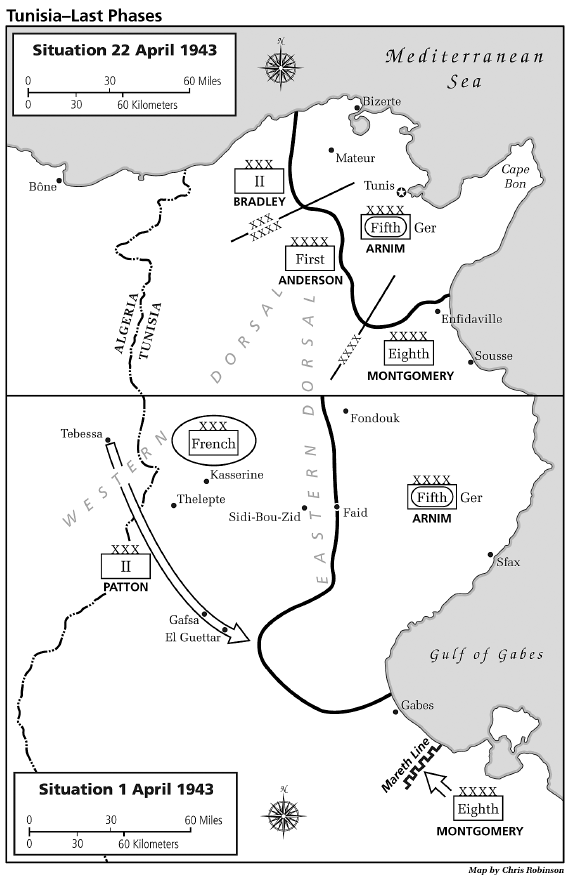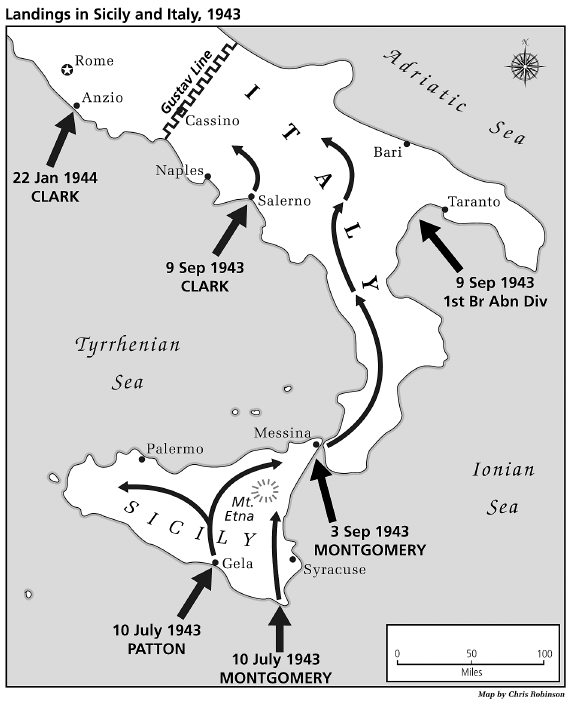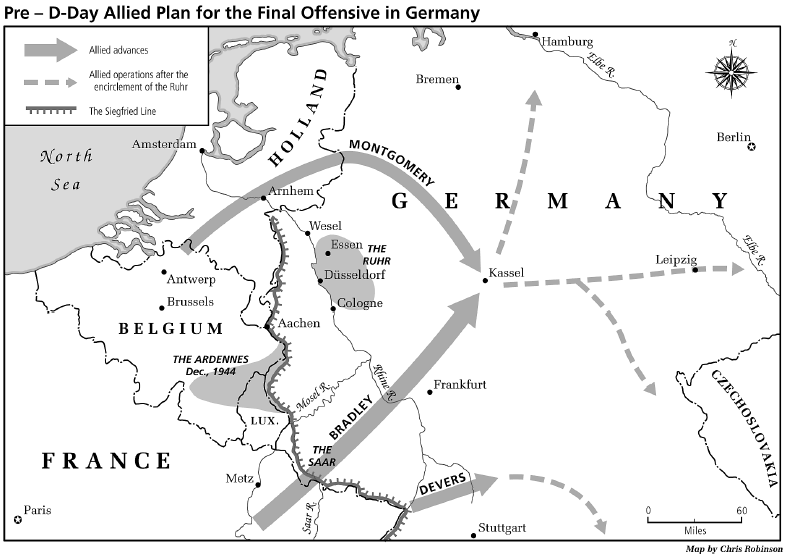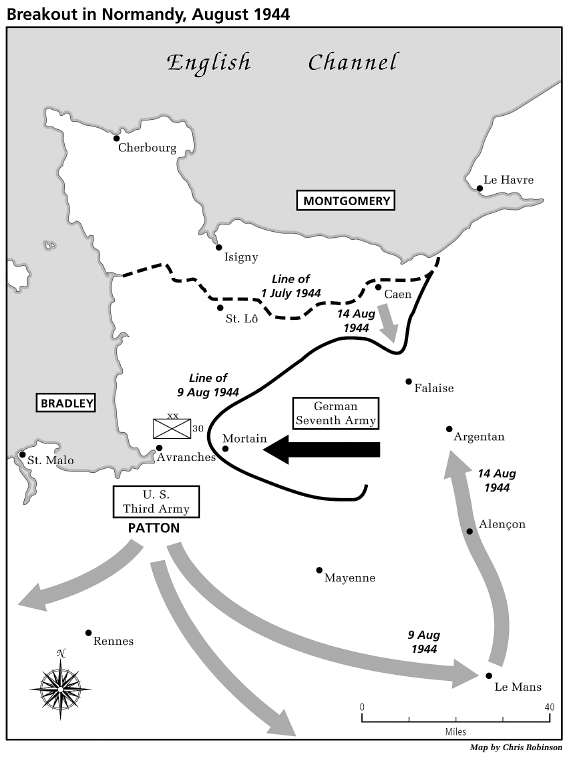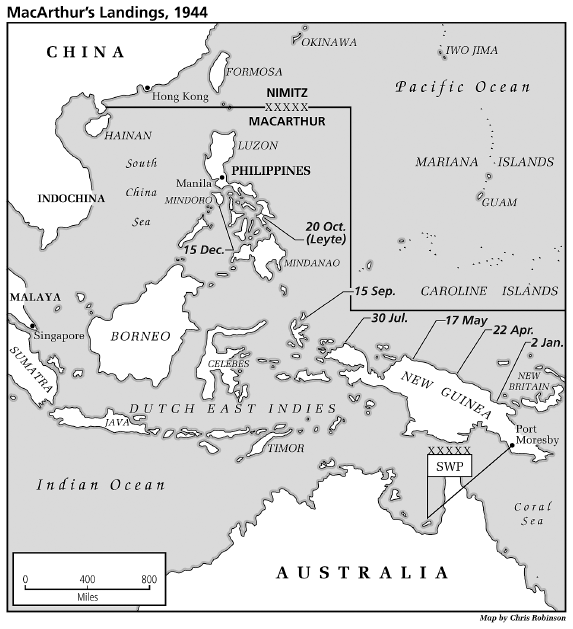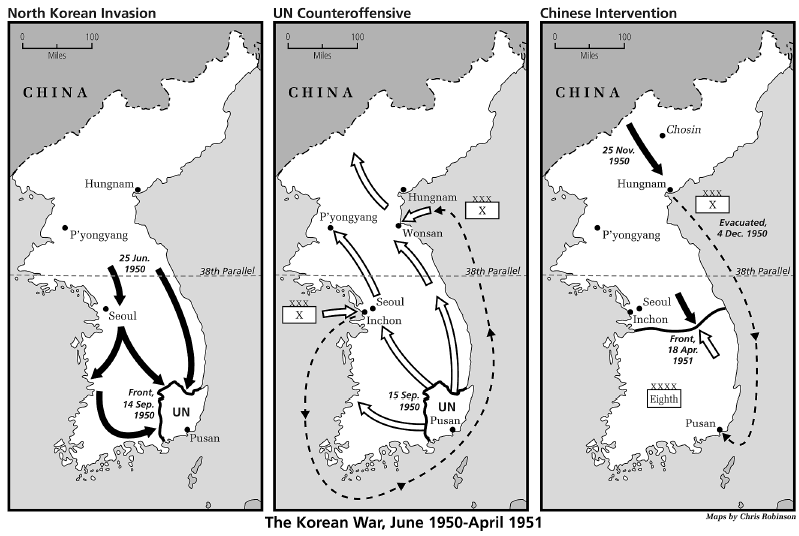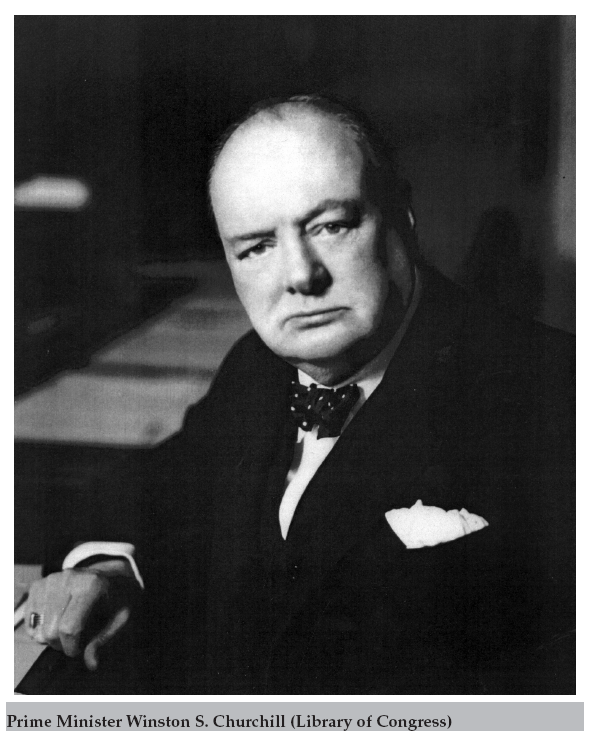John S. D. Eisenhower - Soldiers and Statesmen: Reflections on Leadership
Here you can read online John S. D. Eisenhower - Soldiers and Statesmen: Reflections on Leadership full text of the book (entire story) in english for free. Download pdf and epub, get meaning, cover and reviews about this ebook. year: 2012, publisher: University of Missouri Press, genre: History. Description of the work, (preface) as well as reviews are available. Best literature library LitArk.com created for fans of good reading and offers a wide selection of genres:
Romance novel
Science fiction
Adventure
Detective
Science
History
Home and family
Prose
Art
Politics
Computer
Non-fiction
Religion
Business
Children
Humor
Choose a favorite category and find really read worthwhile books. Enjoy immersion in the world of imagination, feel the emotions of the characters or learn something new for yourself, make an fascinating discovery.
- Book:Soldiers and Statesmen: Reflections on Leadership
- Author:
- Publisher:University of Missouri Press
- Genre:
- Year:2012
- Rating:3 / 5
- Favourites:Add to favourites
- Your mark:
Soldiers and Statesmen: Reflections on Leadership: summary, description and annotation
We offer to read an annotation, description, summary or preface (depends on what the author of the book "Soldiers and Statesmen: Reflections on Leadership" wrote himself). If you haven't found the necessary information about the book — write in the comments, we will try to find it.
Which generals were most influential in World War II? Did Winston Churchill really see himself as culturally half American? What really caused the break between Harry S. Truman and Dwight Eisenhower? In Soldiers and Statesmen, John S. D. Eisenhower answers these questions and more, offering his personal reflections on great leaders of our time.
The son of President Dwight D. Eisenhower, John S. D. Eisenhower possesses an expert perspective on prominent political and military leaders, giving readers a matchless view on relationships between powerful figures and the president. Eisenhower also had a long military career, coincidentally beginning with his graduation from West Point on D-Day. His unique position as a young Army staff officer and close relationship with his father gave him insiders access to leaders such as Winston Churchill, Harry Truman, George Patton, Douglas MacArthur, Omar Bradley, John Foster Dulles, Mark Clark, Terry Allen, and Matthew Ridgway. He combines personal insight with the specialized knowledge of a veteran soldier and accomplished historian to communicate exclusive perspectives on U. S. foreign relations and leadership.
Eisenhowers observations of various wartime leaders began in June 1944, just after the Allied landings in Normandy. On orders from General George C. Marshall, Army chief of staff, Eisenhower sailed from New York aboard the British-liner-turned-American-troopship QueenMaryto join his father, Supreme Commander of the Allied Expeditionary Force, in London, where he stayed for over two weeks. A year later, at the end of the war, Eisenhower accompanied his father as a temporary aide on trips where Ikes former associates were present. In the mid-1950s, Eisenhowers perspective was broadened by his service in a room next to the White House Oval Office during his fathers tenure as president.
On the light side, Eisenhower has added a special appendix called Home Movies, in which he reveals amusing and often irreverent vignettes from his life in military service. Eisenhower gives readers both a taste of history from the inside and a rich and relatable memoir filled with compelling remembrances.
John S. D. Eisenhower: author's other books
Who wrote Soldiers and Statesmen: Reflections on Leadership? Find out the surname, the name of the author of the book and a list of all author's works by series.

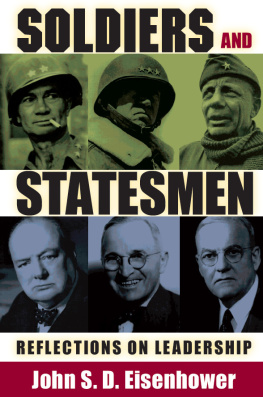


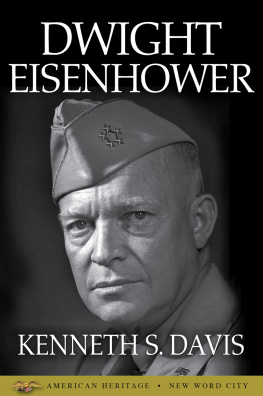
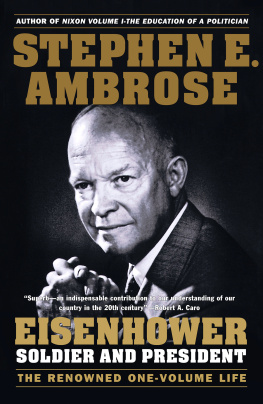
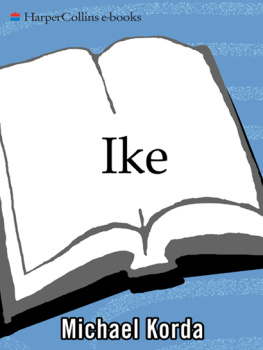
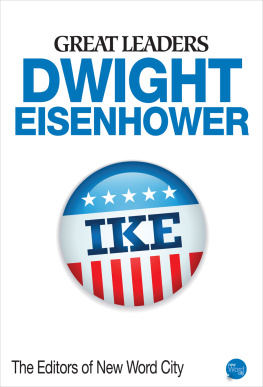

 This paper meets the requirements of the American National Standard for Permanence of Paper for Printed Library Materials, Z39.48, 1984.
This paper meets the requirements of the American National Standard for Permanence of Paper for Printed Library Materials, Z39.48, 1984.